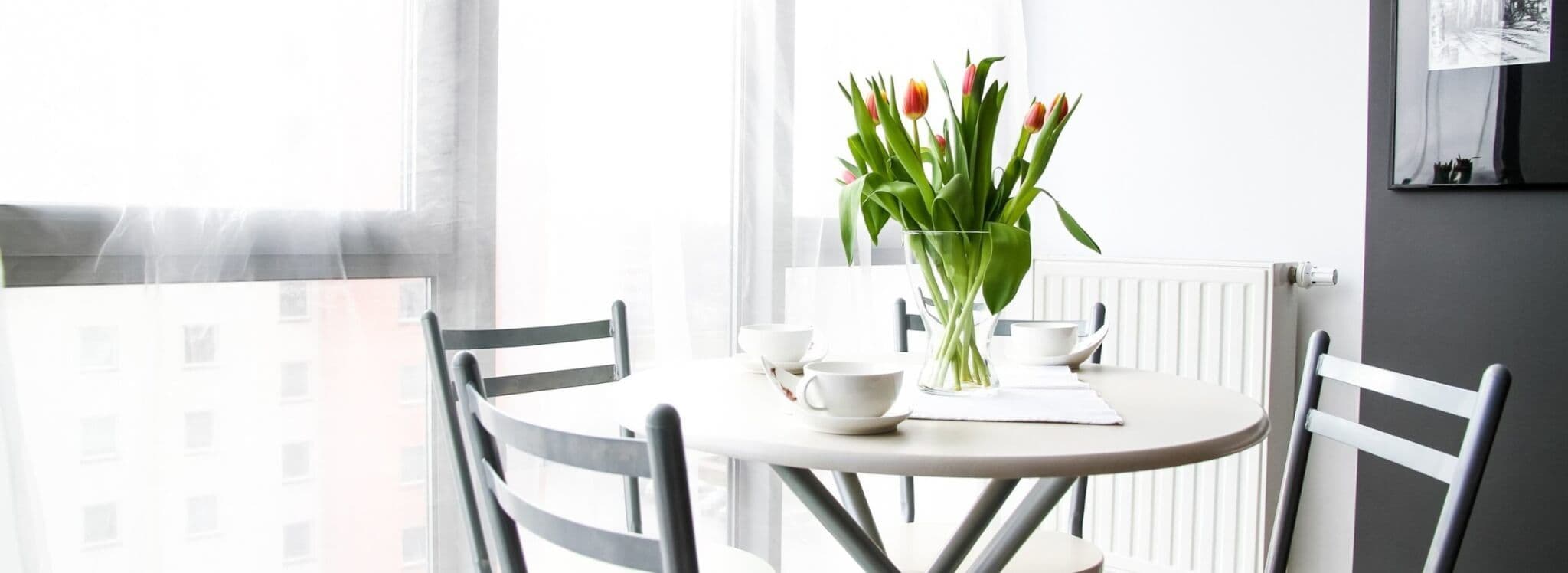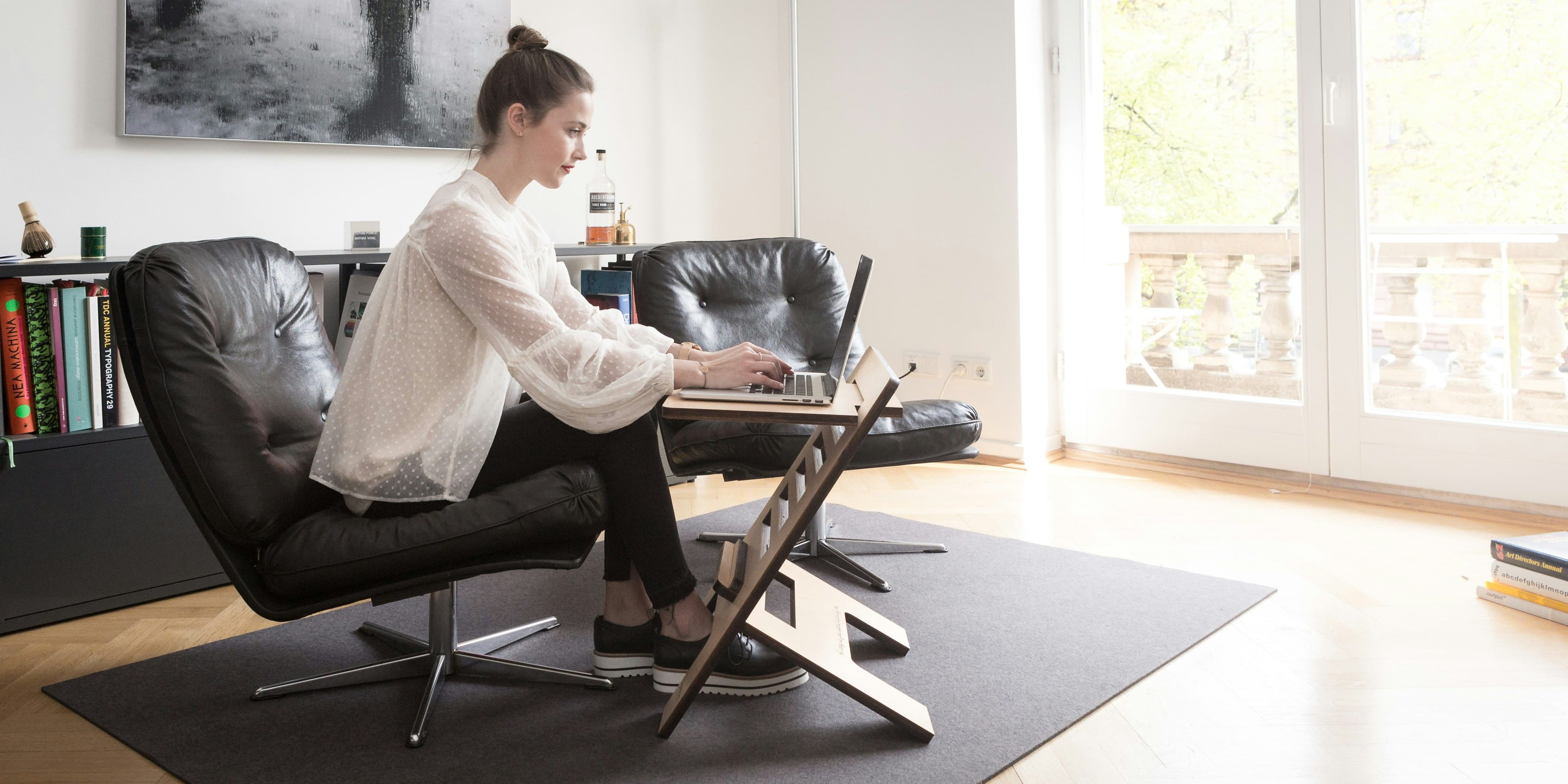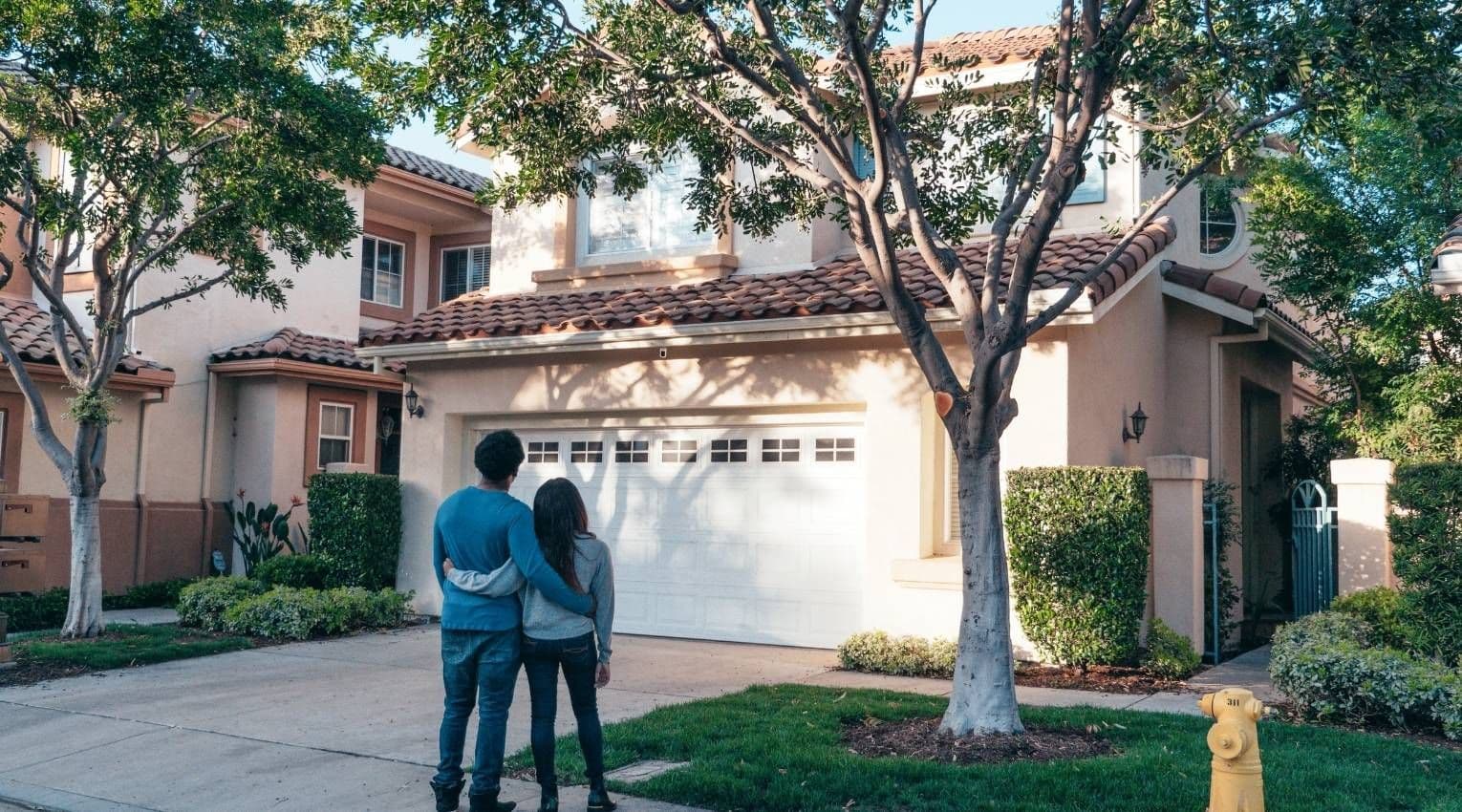1 Question to Answer Before Financing Your Second Home

With your first property, you navigated the ins and outs of securing a mortgage, so purchasing a second home should be easier, right? Believe it or not, how you intend to use your home—whether as a vacation house or investment property—directly impacts your financing options. Read on to understand how loans differ and what you need to know before buying your second home.
Define Your Second Home
Banks make a distinction between a house on a lake where you plan to vacation and a house you plan to rent out to generate revenue. Their definitions come down to how you plan to use the property.
Vacation Home: A vacation home is somewhere you intend to live in for part of a year in addition to your primary residence. As Nolo points out, timeshares and rentals don’t qualify as vacation homes. If you plan to list your property on Airbnb in the present or future, be sure to check with your lender first as mortgage rules may preclude short-term rentals of any kind.
Investment Property: An investment property, by contrast, is neither a place you live in nor a primary residence. Instead, its intended use is to make money for the buyer through rentals, appreciation, or via tax benefits. The common types of investment properties are residential or commercial rentals or flippers where the goal is to resell the real estate for profit.
Fund your Second Home
Once you’ve defined how you’ll use your second home, you can determine which financing options you qualify for and which one makes the most sense for you. Remember: Deceiving a lender about intended use is occupancy fraud and could send you to court.
Second Home Mortgage
If you want that beach house, mountain cottage, or other vacation property and can afford the associated costs, a second home mortgage may be your best bet. Mortgage underwriters will only look at expenses for principal, interest, taxes, insurance, and homeowners association (HOA), if applicable. If these check out, your loan is approved.
As a homeowner, however, you’re already familiar with the costs and have gotten a taste of the hidden expenses of home maintenance. With a second home, you’ll also want to factor in a budget for additional expenses, such as travel to and from your second home, utilities, furnishings, cookware, and linens.
Investment Property Mortgage
You see the incredible potential of an income-producing property, whether via renting or flipping. In addition to a sizeable down payment, banks require a strong credit score to lock in a fixed rate. However, know that your lender may check in to verify who exactly is occupying your property either in-person or online.
Home Equity Loans
Using the equity you’ve built in your first home to fund your second means taking less cash from your pocket. Home equity loans can offer lower interest rates compared to a new mortgage.
However, as with your first mortgage, home equity loans require timely payments. Missing a bill puts both your primary and secondary homes at risk. In addition, be sure to understand what kind of rate you’ve signed up for. An adjustable rate is exactly what it sounds like: moveable. You may be paying more than you bargained—or budgeted—for at any given time.
Hometap Investment
Unlike a traditional loan, a Hometap Investment has no monthly payments, or restrictions on how you use those funds—whether it’s a vacation home or investment property. Essentially, you’re taking on another investor in your home’s value rather than borrowing on what you’ve built with the obligation of paying it back.
By using your home’s equity to fund other investments, such as buying another property, you’re diversifying your wealth. Real estate offers an attractive diversification of your portfolio of stocks, mutual funds, and bonds, and a second home ensures you’re not keeping all your wealth in one basket, i.e., your first home.
Is a Second Home in Your Sights?
Buying your first home may have seemed scary but you did it. Along the way, you’ve lived the highs and lows of homeownership arming you with the experience needed to add a second property. Take a close look at your total financial picture and weigh your financing options before you leap. With the right preparation, your second home can help you achieve vacation bliss or financial returns.
The more you know about your home equity, the better decisions you can make about what to do with it. Do you know how much equity you have in your home? The Home Equity Dashboard makes it easy to find out.
You should know
We do our best to make sure that the information in this post is as accurate as possible as of the date it is published, but things change quickly sometimes. Hometap does not endorse or monitor any linked websites. Individual situations differ, so consult your own finance, tax or legal professional to determine what makes sense for you.
More in “Financial goals”

Can You Afford Your Mortgage on a Single Income? A Guide for Life's Transitions

The Complete Costs of Buying and Selling a Home

